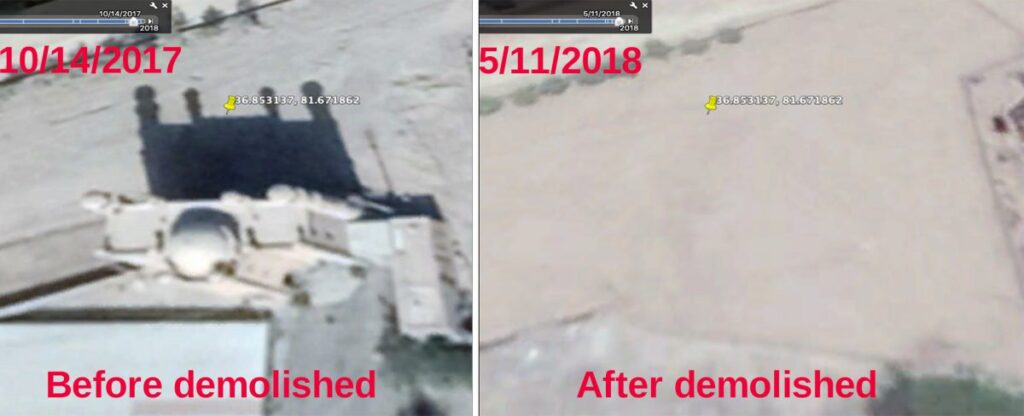Uighur Times
Published: 4-8-2019
For repressive regimes, frontier technology can mean new ways to gain and maintain power. Will big data and artificial intelligence liberate or surveil? Human Rights Foundation organized one of the most critical panels of SWSX 2019 ,inviting Uighur linguist and police state survivor Tahir Imin, Buzzfeed News tech editor Megha Rajagopalan, and foreign affairs reporter Melissa Chan for a conversation on how super apps, facial recognition, movement analysis, DNA mapping, fake video, and other cutting-edge technologies are used to control, surveil, and promote state propaganda in China — and what that means for the rest of the world.
Tahir Imin, the founder of Uighur Times News Agency told the audience: “I was detained for more than two years because I wrote an article online talking about the future of Uighur culture…last I spoke to my daughter was Feb 2018. After I left my wife was forced to divorce me.” “My daughter’s last words to me were ‘father, don’t call me again. The Chinese police are good people, you are bad person.’” “We have lost half of our population without any information.”
Tahir Imin: In my opinion, Chinese government is collecting Uighur DNA samples for two reasons – organ harvesting and development of biochemical weapon targeted at specific races.
Meghara,Buzzfeed reporter said: “We talk a lot about surveillance tech in the US, but these conversations are often hypothetical … Xinjiang(East Turkistan) is the epic center of what surveillance tech can become.” “QR codes are posted outside people’s homes and police can go ‘check’ on homes at anytime.” The QR code gives info on residents of the homes. Things we take for granted such as consent for DNA collection don’t exist in Xinjiang(East Turkistan) – Uighurs are being exploited.American companies like Thermal Fisher probably have not thought of the ethical consequences in working with China.It took a lot of shaming for Thermal Fisher to stop working with the Chinese government, and there are a lot of companies like this still working with China.the belt and road initiative is about China aiding dozens of countries in building their telecommunications industry, but there’s not a lot of transparency.”
Foreign affairs reporter Melissa Chan: “You’re looking at three people who have been surveillance by China.”“China started approaching developing countries to sell Chinese surveillance tech.developing countries are allowed to put up collateral such as natural resources to pay for surveillance technology.some people from countries want the surveillance tech initially to fight crime, but when an authoritarian government comes in then the tech can be used to surveil political opponents.understanding that data is power is really fundamental. The Chinese government may not even know what they will do with the data they are collecting, but they know there are possibilities.
“Chinese are increasing having leverage – you see from the trade war … China has increasing influence around the world.”
Alex:”what happens in Xinjiang(East Turkistan) could happen to everyone here in the audience.”
Tahir Imin: “The hurt and damage of China’s crimes against Uighur does not limit on Uighur people .Chinese communist party is the largest threat not only to world order, democracy and freedom but also to existence of humanity. They are trying to change fundamental principles of Human rights and wipe out Uighur people first because they believe every different people to their values and culture of authoritarianism is a threat to China.Its urgent and real threat for world to cope as soon as possible.”
The panel was held at 12:30 pm in the Topaz Ballroom.
